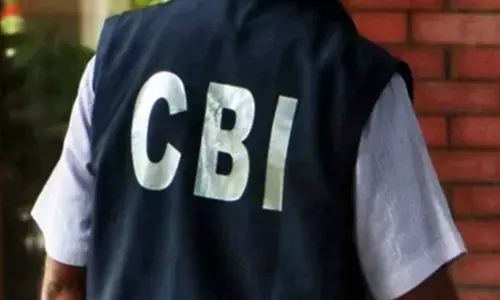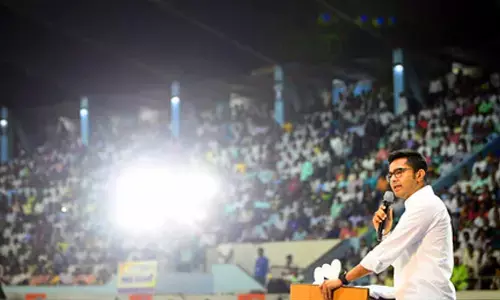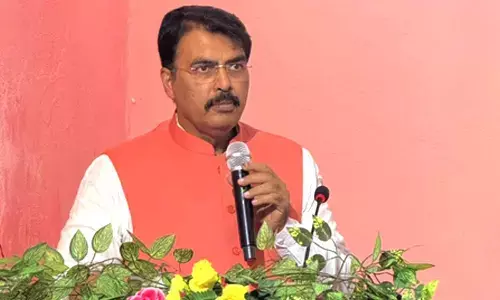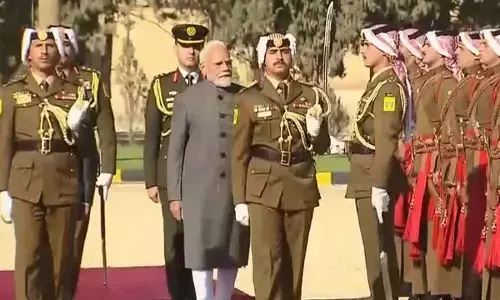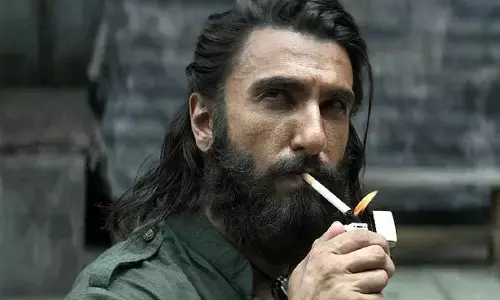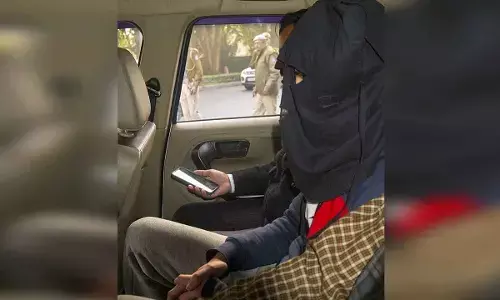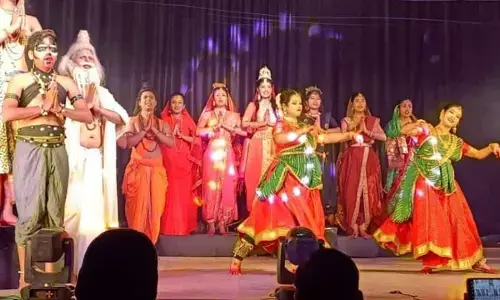Delhi High Court to pronounce judgement on petitions challenging Agnipath scheme on Feb 27
Share :
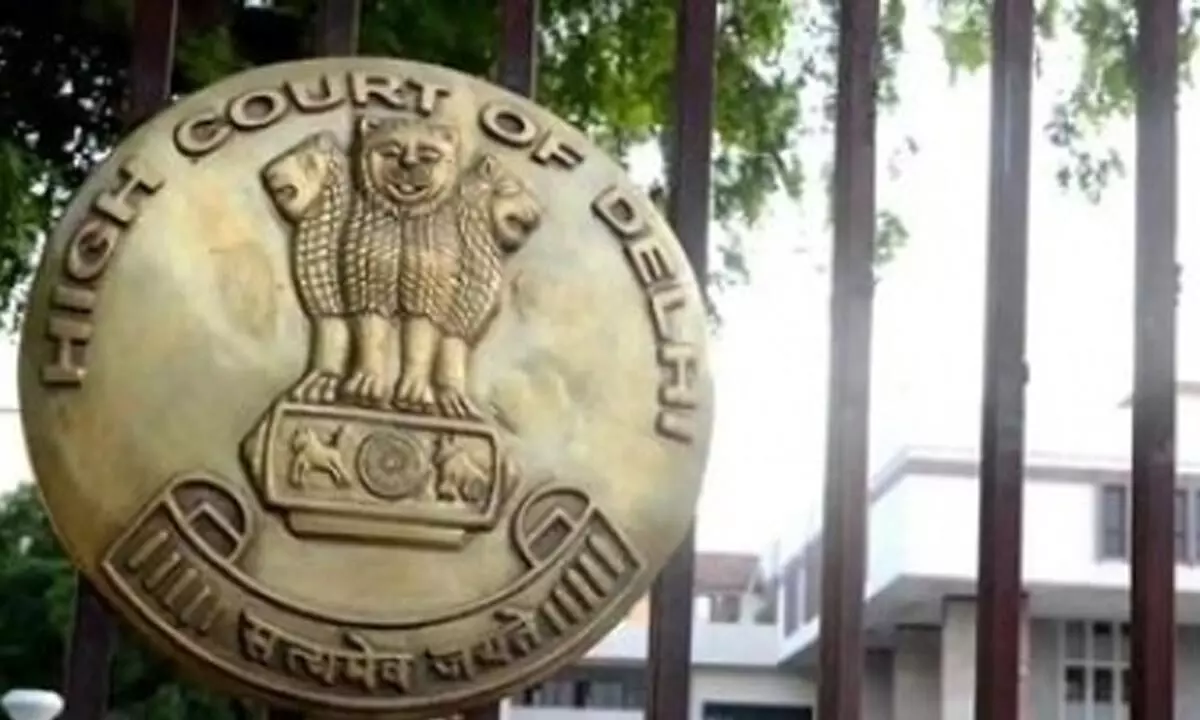
Delhi High Court
The Delhi High Court on Friday said that it will pronounce its judgment on February 27 on three batches of pleas challenging the Centre's Agnipath Scheme for recruitment in the armed forces.
New Delhi: The Delhi High Court on Friday said that it will pronounce its judgment on February 27 on three batches of pleas challenging the Centre's Agnipath Scheme for recruitment in the armed forces.
Batches of petitions have been filed challenging the scheme, its recruitment process, and appointment of candidates.
The scheme, meant to recruit youth into the Indian Army for four years, will only keep 25 per cent of the selected candidates after this period.
A division bench of Chief Justice Satish Chandra Sharma and Justice Subramonium Prasad had reserved its order on December 15.
The court had asked the lawyers to place on record their written submissions before vacations.
The Centre had said that they will file an affidavit on role, responsibilities, and hierarchy of the Agniveers.
The HC on December 14 questioned the Central government's decision for different pay scale for Agniveers and regular sepoys (soldiers) in the Indian Army if their scope of work is the same.
Representing the Centre, Additional Solicitor General Aishwarya Bhati had said that Agniveer is a different cadre from the regular one.
In response, the same division bench had said: "Different cadre does not answer job profile, the question is work and responsibility."
"If the job profile is the same, then how do you justify different pay? A lot will depend on the job profile. Get instructions on this and put it on an affidavit," the HC had added.
Bhati had said that terms, conditions, and responsibilities of Agniveers are different from that of soldiers.
"Agniveer cadre has been created as a separate cadre. It will not be counted as a regular service. After serving as an Agniveer for four years, if he or she volunteers and is found fit, then his journey in the regular cadre begins," she had submitted.
The Centre had said that this scheme was not hastily formulated, but with much study to enhance the morale of the youth and also skill mapping of Agniveers.
The ASG had said that a lot has gone during the past two years into taking this decision like numerous internal and external consultations, several meetings and consultations have also been held with the stakeholders.
Bhati had also argued that as Indian armed forces are the most professional armed forces in the world, they should be given much bigger leeway when they are taking such big policy decisions.
With dozens of petitions being filed on the scheme, its introduction led to people protesting countrywide.
Petitions were filed challenging the scheme, its recruitment process and appointment of candidates.
With the scheme envisaging that only 25 per cent of the selected candidates will be retained, petitioners claimed that the rest 75 per cent candidates will be left jobless after four years and there is no plan B for them.
"In six months, I have to develop physical endurance and learn to use these weapons. Six months is a very short time. We are going to compromise national security," one of the petitioners who appeared had argued on December 12.
Arguments were also raised about whether the four-year term that Agniveers serve, will be counted in their overall service once a quarter of them are commissioned into the forces.







